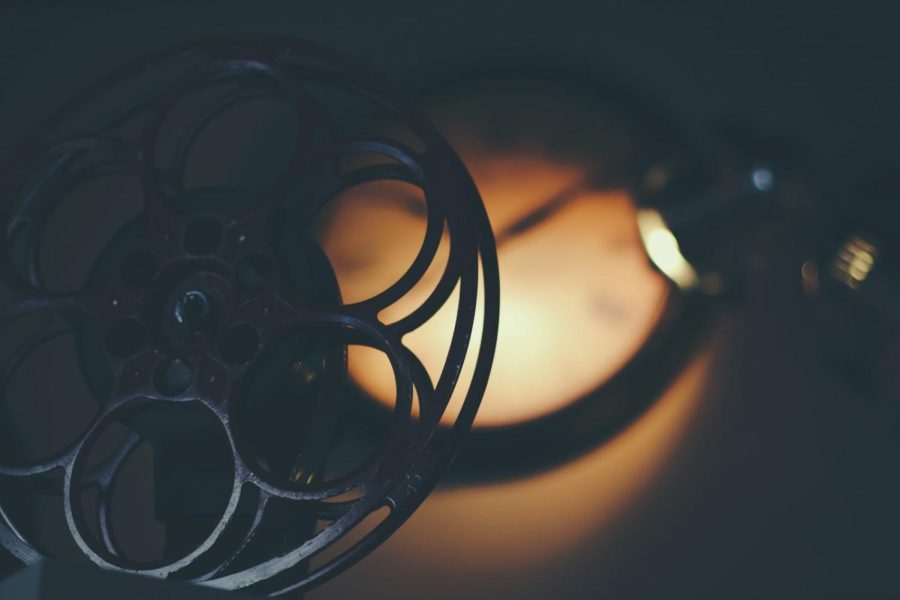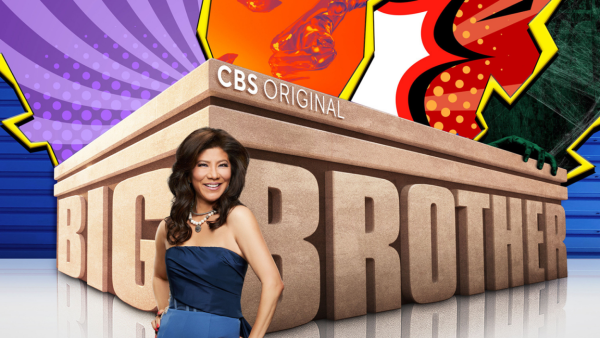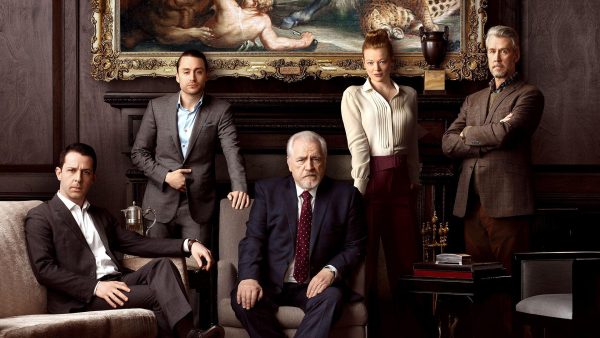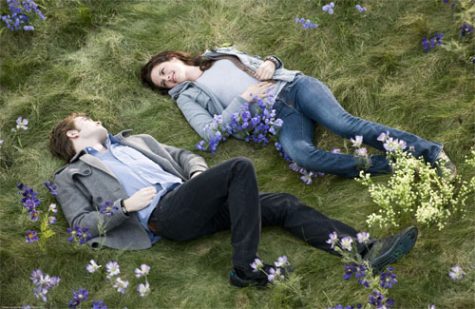How Films Make Us Better People
I’ve always believed that empathy is our greatest strength as a society.
It is what makes us as a society able to understand the fears and emotions of someone other than ourselves. Having compassion for one another is essential, and I feel that we have failed to value the power empathy truly has.
This is why I have such a deep and personal love of film. There is this strange inherent connection between the movies we watch and our ability to empathize. When we walk out of that theater, we take everything we’ve just learned and apply it to our real world.
Yes, movies can and should be fun and entraining. But I think it is a simple and misguided point of view to say films don’t have the overwhelming power to make us better people.
It may be ridiculously dramatic to make such a claim, but I wholeheartedly believe it to be true. Cinema 100 percent is the best and most effective teacher we have.
I started thinking about all of this after I forced myself to rewatch Todd Phillips’ Joker (2019).
Objectively, it’s an amazing film. But I have always seen it as those “one and done” types of movies. Meaning I couldn’t rewatch it repeatedly for the sake of entertainment.
However, as the credits rolled once again, I realized how great of an example Joker, and movies like it, are to my theory of film and empathy.
Joker, and the hundreds of other movies that inspired it like Martin Scorsese’s Taxi Driver (1976), focus on these sick morally gray characters and challenge our ability to empathize and sympathize with complicated individuals who society generally sees as lesser than or different.
These purposefully uncomfortable film experiences are meant to mold us into become better, kinder individuals.
Joker’s Arthur Fleck is the broken symbol of how our society is failing to have compassion for others.
In a director’s commentary for the Oscar-winning film, director Todd Phillips and actor Joaquin Phoenix discussed the true message of the story. In this conversation, it’s revealed that Phillips has used the tool of filmmaking to have society realize the true power of empathy and the dangers that come with a world without it.
Joker, in his words, is about the “…power of kindness and a lot of people miss that. I think if you don’t see that you either don’t have a soul or you’re being reductive to make up for your own struggles in that area…the power of kindness runs through this film.”
In creating a such shocking and horrific story like this, Phillips hopes his audience takes in the lesson to be kinder and gentler to the everyday people around them and remember the importance of seeking to empathize with people society would typically judge.
Arthur Fleck is deprived of any empathy and kindness from the joyless, decaying society that is Gotham.
And therefore, slowly stumbles down a rabbit hole that leads him to turn to violence and lash out at the people who once looked down on him and treated him with little respect, compassion, and human decency.
We are not supposed to agree with these damaged and misguided characters. We are, however, meant to see the world from their cracked lens and to understand their feelings and emotions.
It can be argued that if a man like Arthur lived in a more empathy-based environment, their violent behavior would never have happened.
This idea can be applied to every single movie and every single genre imaginable.
Pablo Lorrain’s Spencer, a fictional retelling of the life of Diana, the Princess of Wales, shows us that we must value the mental health of the people around us.
Luca Guadagnino’s Call Me by Your Name, a coming-of-age film showcasing young romance and heartbreak, experiences the pain that is losing your first love in hope that we will be gentle to one another’s feelings in the real world.
And if we want to go even further, we can discuss Toy Story. A children’s film that preaches about the importance of community and compassion.
I am aware of the fact that none of what I’m saying is new and groundbreaking information. I’m not the founder of the idea that films make us better people. I am however arguing that we aren’t taking this power seriously.
Or worse, we’re taking it for granted.
When watching a film, we are forced into the shoes of the protagonist and witness every step they take. Regardless of if they are making the right steps.
This forces us to see their reality for how they see it and walk with them on their journey. After we leave the theater, we take what we learned and saw and apply those lessons in empathy to the real world. Without a doubt, we become better, kinder people because of a film’s journey.
It doesn’t matter the movie you are watching. The only thing that does matter is recognizing the fact that the moment you sat down to watch that film, you immediately started a masterclass on empathy, love, and compassion.
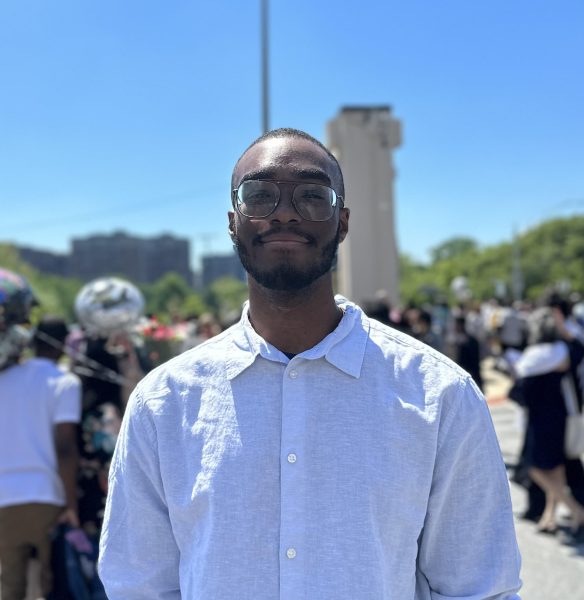
Maleek Munroe is a senior at Mercy College, majoring in communications. He graduated Nyack High School, where he found his love and passion for both...



